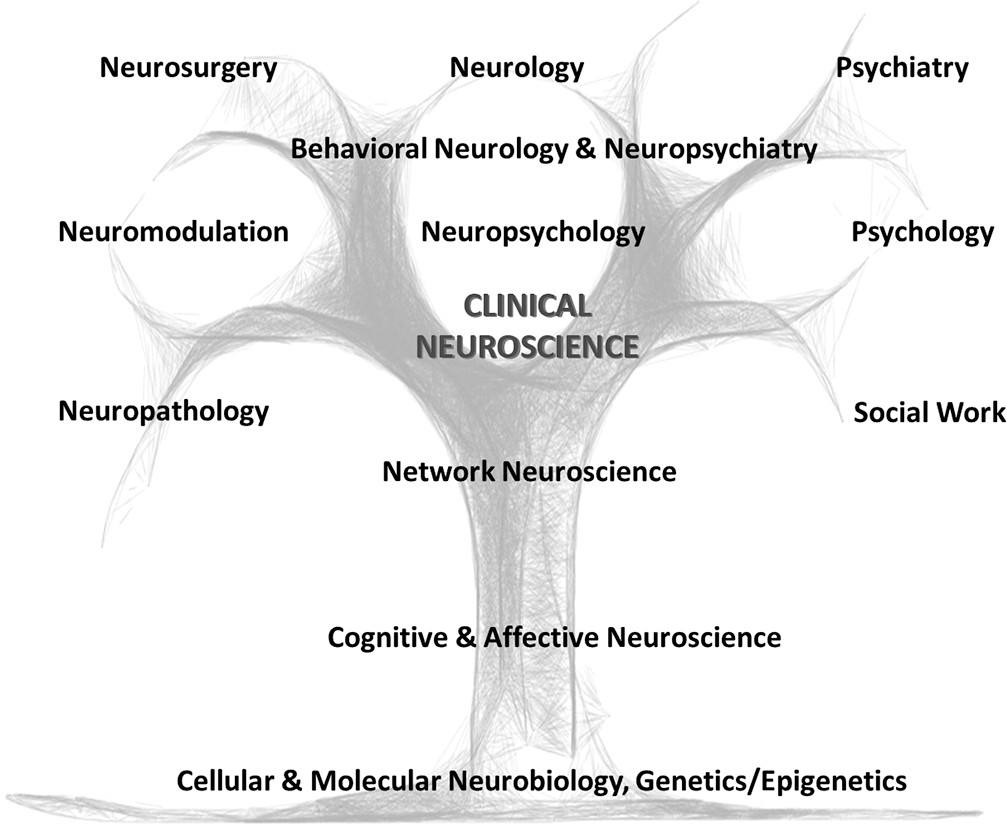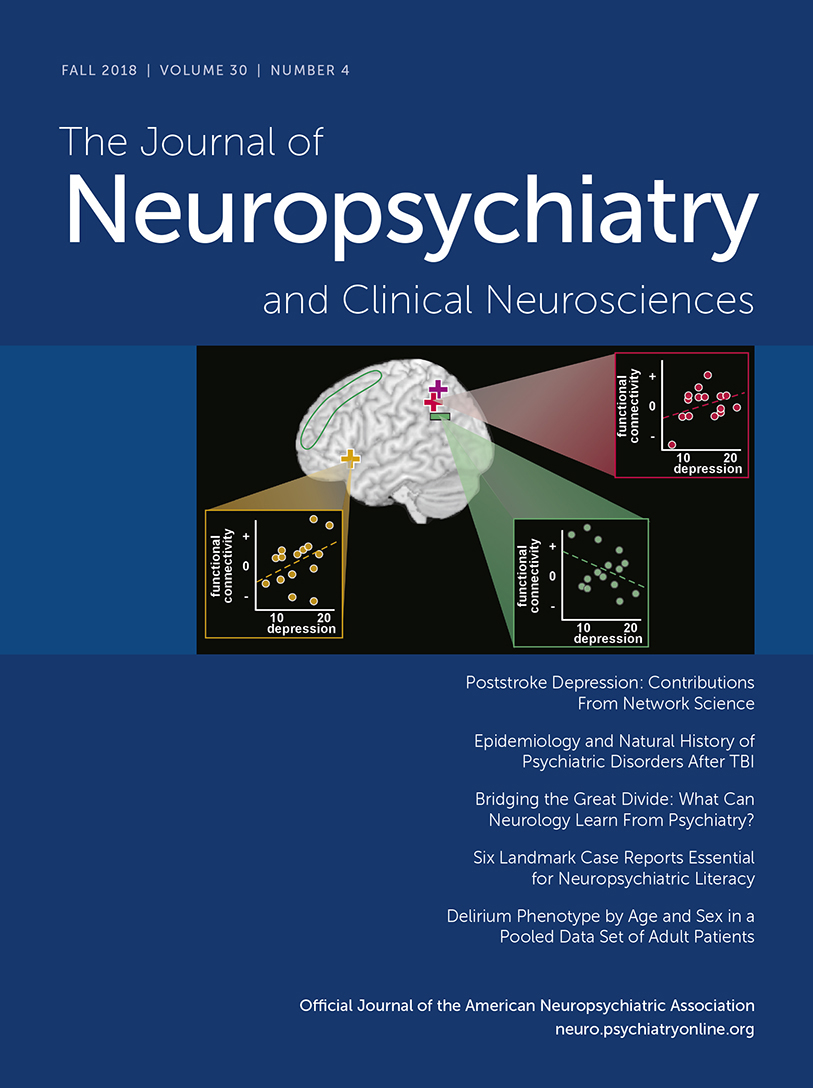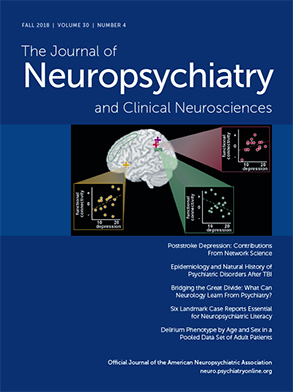Case Description
A 24-year-old African American woman was brought by her parents to clinic. In childhood, she had concentration difficulties and was diagnosed with ADHD. Two of her maternal aunts had schizophrenia, and her brother had bipolar disorder. Her parents divorced when the patient was a teenager. In junior high school, she began displaying gradual social withdrawal, declining grades, cannabis use, and worries that her classmates might be spreading evil rumors about her homosexuality. She also reported occasional whispers saying such things (although she was uncertain whether these perceptions were real). During her first semester in college, she faced academic pressures and began experiencing “internal chatter” by two voices that kept a running commentary on her actions. She was now convinced that these voices were real and resulted from a chip implanted in her teeth by a classmate. She confronted and assaulted this classmate, which led to an involuntary hospitalization.
Five years later, she continued experiencing auditory hallucinations, was unemployed, and mostly spent time in her basement. She displayed disorganized speech, disinhibited behavior, reduced motivation, poor personal hygiene and remained unconvinced about the need for medications.
This case illustrates the trajectory of schizophrenia with subtle premorbid cognitive impairments in childhood, followed by a prodrome with gradual social and functional decline in adolescence. Psychosis typically sets in during late adolescence or adulthood and follows a chronic or intermittent course. Regarding
pathogenesis, it is now widely held that schizophrenia is due to either a failure of optimal brain development, an abnormal refinement of pruning of synapses during adolescence, or both.
14 The
neuroanatomy of schizophrenia is increasingly well understood. Impaired executive functions, poor insight, and disinhibited behavior point to deficits in dorsolateral and ventromedial prefrontal cortex, respectively, termed previously as “hypofrontality.” Hallucinations and delusions are thought to relate to inappropriate subcortical activations, including in the hippocampus.
15 Formal thought disorder is linked to abnormal functioning of language circuits.
16 In terms of
neurochemical pathophysiology, ventral striatal and mesolimbic dopaminergic abnormalities likely underlie positive psychotic symptoms, whereas recent data implicate mesocortical dopaminergic deficits and altered glutamatergic and GABA function as mediating cognitive and negative symptoms.
17 Finally, as to
etiology, there is compelling evidence that genetic factors, including genes mediating synapse integrity, ion channels, and immune function, are implicated in the pathophysiology of schizophrenia; environmental and epigenetic risk factors are also involved.
18Clearly, this woman is experiencing a progressive developmental derailment beginning in childhood, perhaps resulting from a combination of genetic and environmental (cannabis) risk factors, which have led to chronic network alterations in several key prefrontal, limbic, and superior temporal “nodes,” and multiple neurotransmitter aberrations. A neurobio-psycho-social formulation in her case would also include roles for parental discord and academic stress framed as predisposing and precipitating factors.
19 Such a formulation not only would incorporate a common language for both psychiatrists and neurologists but also would point to actionable treatments and research initiatives. The neurodevelopmental pathogenesis and premorbid/prodromal impairments, including cognitive decline, point to a role for early interventions.
A cognitive test battery and neuroimaging biomarkers may identify a subtype of psychosis characterized primarily by cognitive dysfunction, and one that could point to a role for time-intensive cognitive rehabilitation.
20 Delineation of distinct networks underlying negative/depressive symptoms, cognitive deficits, and positive symptoms can point to personalized treatments, such as cognitive remediation,
21 cognitive-behavioral therapy (CBT),
22 psychopharmacology, and neuromodulation.
23

